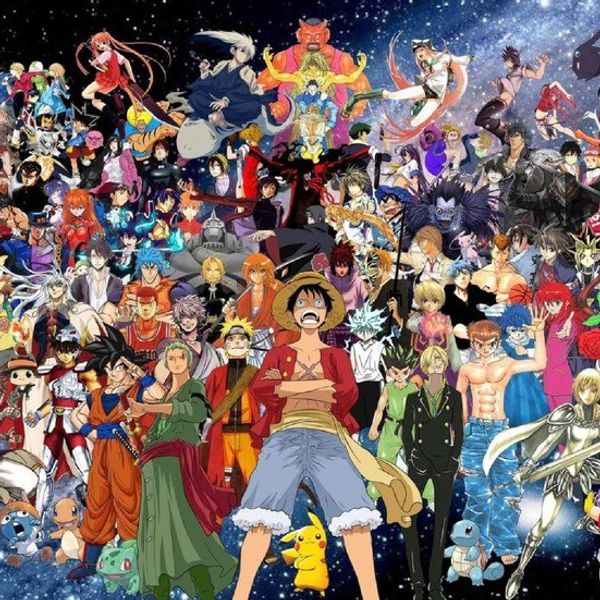When I was a little girl, probably around eight or so, I started watching "Family Guy." I don't remember how I found out about it, but I do remember my mother was vehemently opposed to it, which meant I had to watch it in my grandmother's downstairs apartment. My grandmother thought because it was animated it was meant for children.
I think all of you know this is not the case. In fact, it seems that despite the idea of cartoons being the realm of children, more and more animated shows are being geared towards adults.
"The Simpsons" kicked off this trend of dysfunctional families and more adult humor being portrayed in animated TV series, followed promptly by "Beavis and Butthead," "South Park," "Family Guy," and others. "The Simpsons," "Family Guy," and "South Park" are still on the air today, joined by other, more recent, successes such as "Bob Burgers," Netflix's "Bojack Horseman," and "Archer."
It's become clear to most that cartoons are not just for kids (except for my Yia Yia, but in her defense, she was born in 1922). There's a certain appeal to animation– there are more varied fashions in which a story can be told, making cartoons less likely to get stale, unlike live action television.
Animation, when used correctly, presents an excellent venue for satire. Take the ever controversial "South Park" for example– the show's mission to seemingly mock every political, religious, or social group under the sun may not go over as well (or be as easy to execute) if it were presented by real life people. "Bojack Horseman" quite literally strays from the arena of most "human" representation. In real life, depression is horrible, and, well, depressing and although "Bojack Horseman" can be incredibly depressing, there is something surreal and quite funny about it happening to a cartoon horse.
Of course, even with animated satires and dark humor, there are some limits. The website 'TV Tropes' attributes most of the humor in black comedies to something they call "Crossing the Line Twice." Basically, in order for something horrible or something that "crosses the line" to be funny, it must cross the line again, thereby making it absurd. The "South Park" episode "Scott Tenorman Must Die," utilizes this ideal. In the aforementioned episode, Cartman, after being tricked into buying the titular Scott's pubic hair, seeks vengeance leading to Scott eating chili made from his parents, he also licks his tears off his face. "Family Guy" has also taken notable stabs at this trope, in the episode where Lois cheats on Peter with Bill Clinton, Peter later ends up sleeping with Clinton himself.
"Family Guy" is actually a noteworthy example of the failure in proper execution of this trope, particularly in the later seasons– simply being cruel to Meg with no level of weirdness or absurdity isn't funny. It just comes off as nasty and tasteless.
Animated programming for teens and adults isn't going anywhere anytime soon— "The Simpsons"'s recent celebration of 600 episodes showcases that.
Whether parents like it or not, chances are their children will find a way around their control and watch them.
Personally, I don't see much of an issue with this. I like to think I turned out okay after watching "Family Guy" in my formative years. My only regret is that I wasted prime time I could've been using to watch "South Park," although occasionally a bit too topical and preachy, is still way, way, WAY better than "Family Guy."
I'm not even sorry.





















